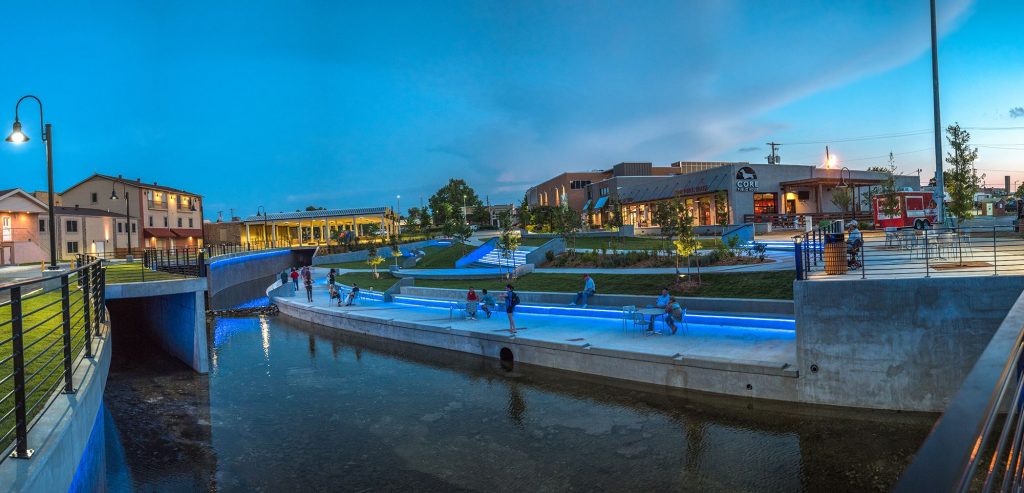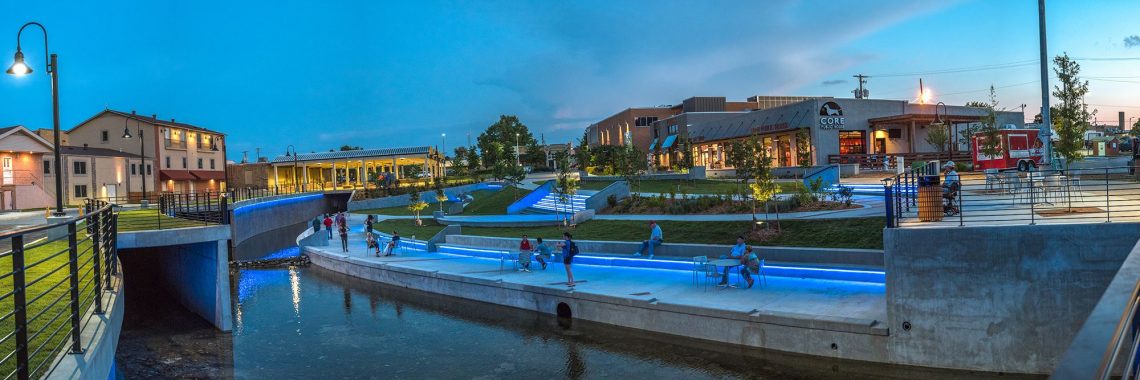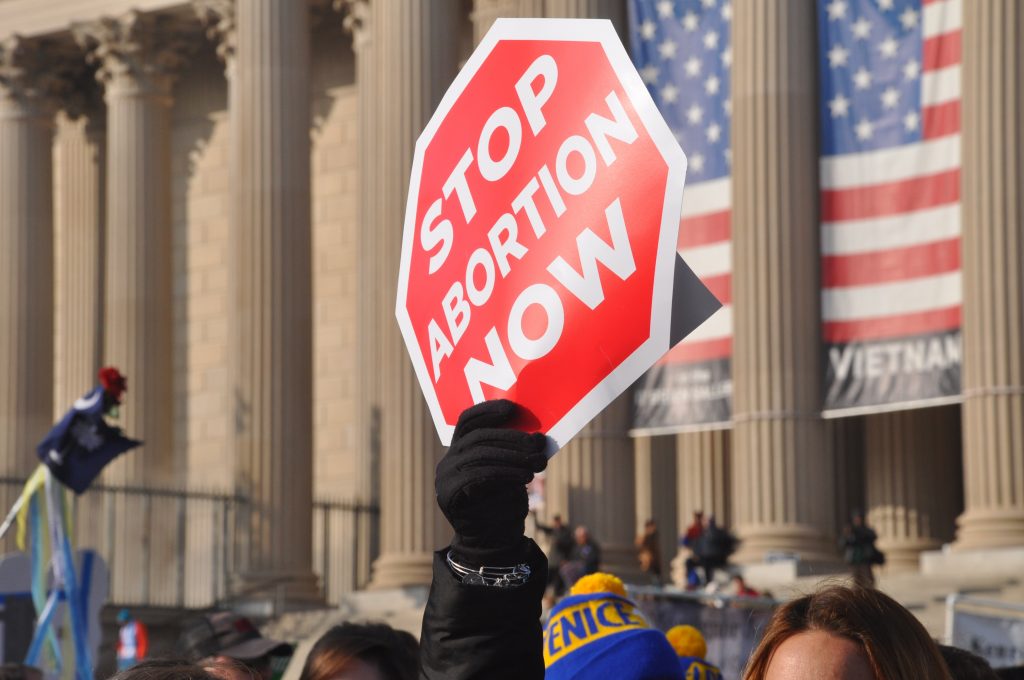Springdale Passes Resolution, Declares Itself Pro-Life City

On Tuesday, the Springdale, Arkansas, City Council overwhelmingly passed a resolution affirming its commitment to life and designating itself as a pro-life city.
The resolution reads in part
[W]e are granted inalienable rights by our Creator, among them being life . . . [Denying] the right to life of a created being is to deny liberty, the pursuit of happiness and all other unalienable rights;
The resolution makes Springdale the first official pro-life city in Arkansas. Hopefully other cities will follow Springdale’s lead.
The resolution comes as Planned Parenthood looks for a new location in Northwest Arkansas.
The abortion giant closed its facility in Fayetteville in July after its landlord reportedly chose not to renew the group’s lease. Rumors have circulated that Planned Parenthood could reopen at a location in Springdale or another community in the area.
The resolution can’t stop Planned Parenthood from opening an abortion clinic in Springdale, but it does send a strong message about where the city’s elected officials stand.
In the meantime, Planned Parenthood isn’t performing any abortions in Northwest Arkansas. That’s always a good thing.





